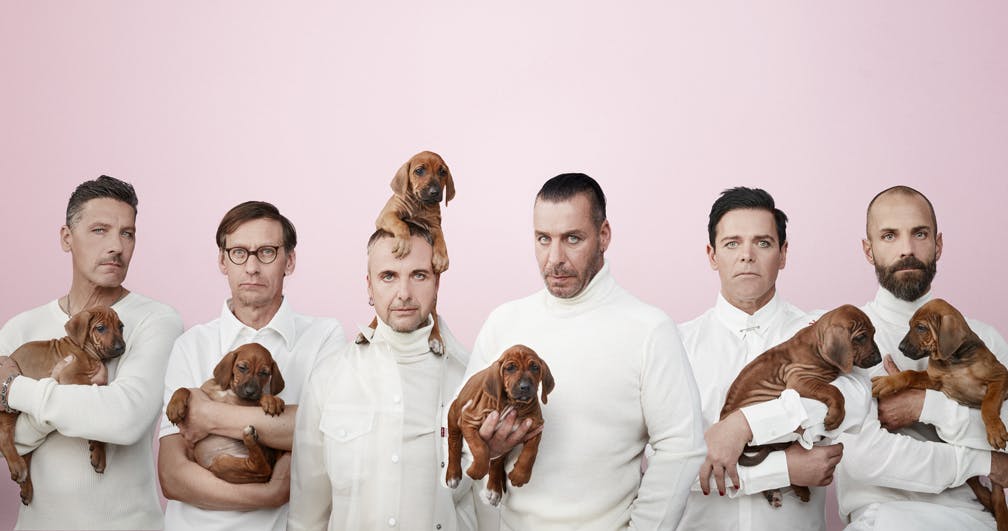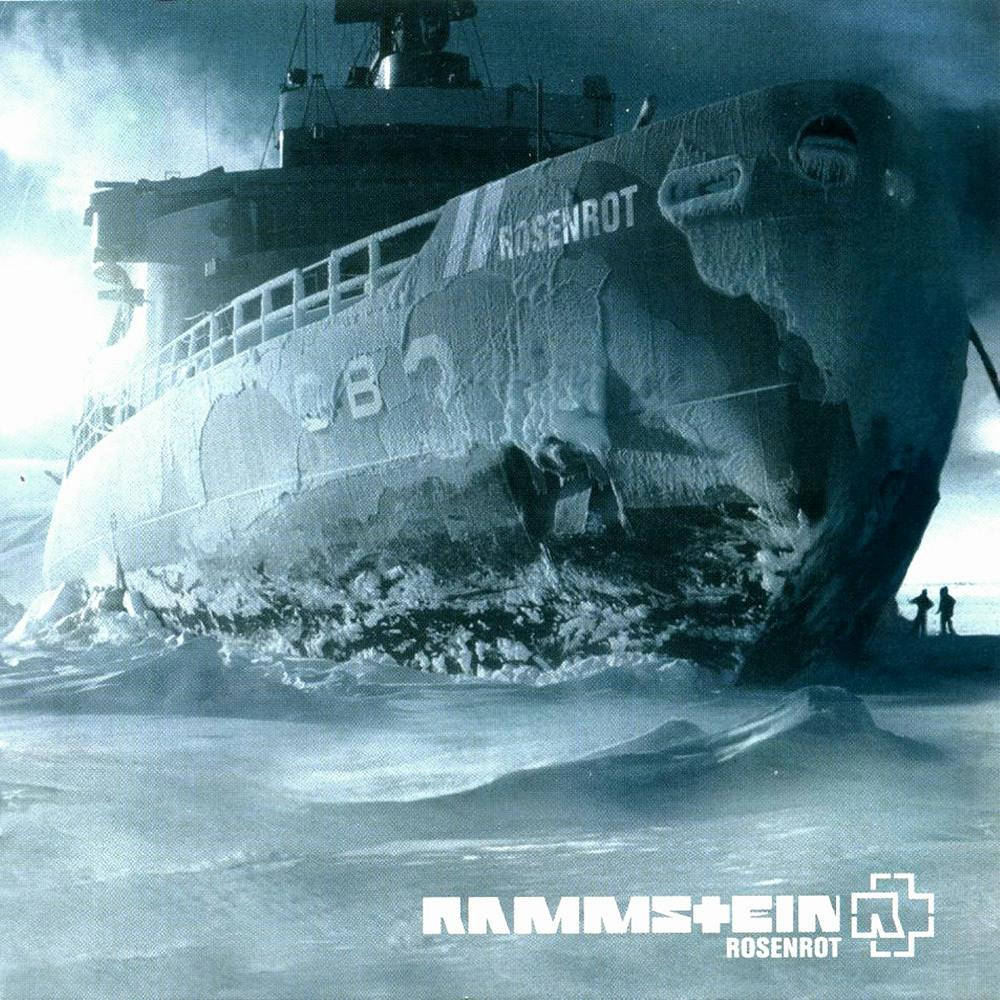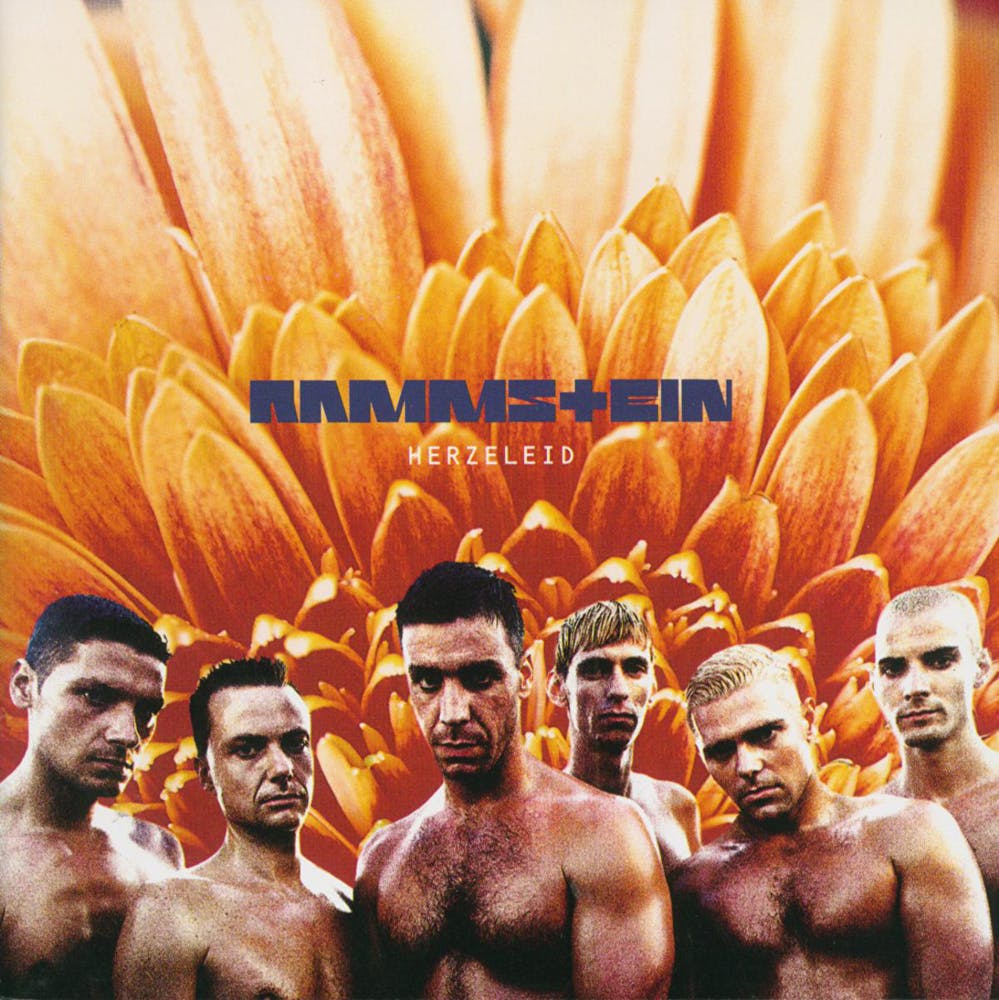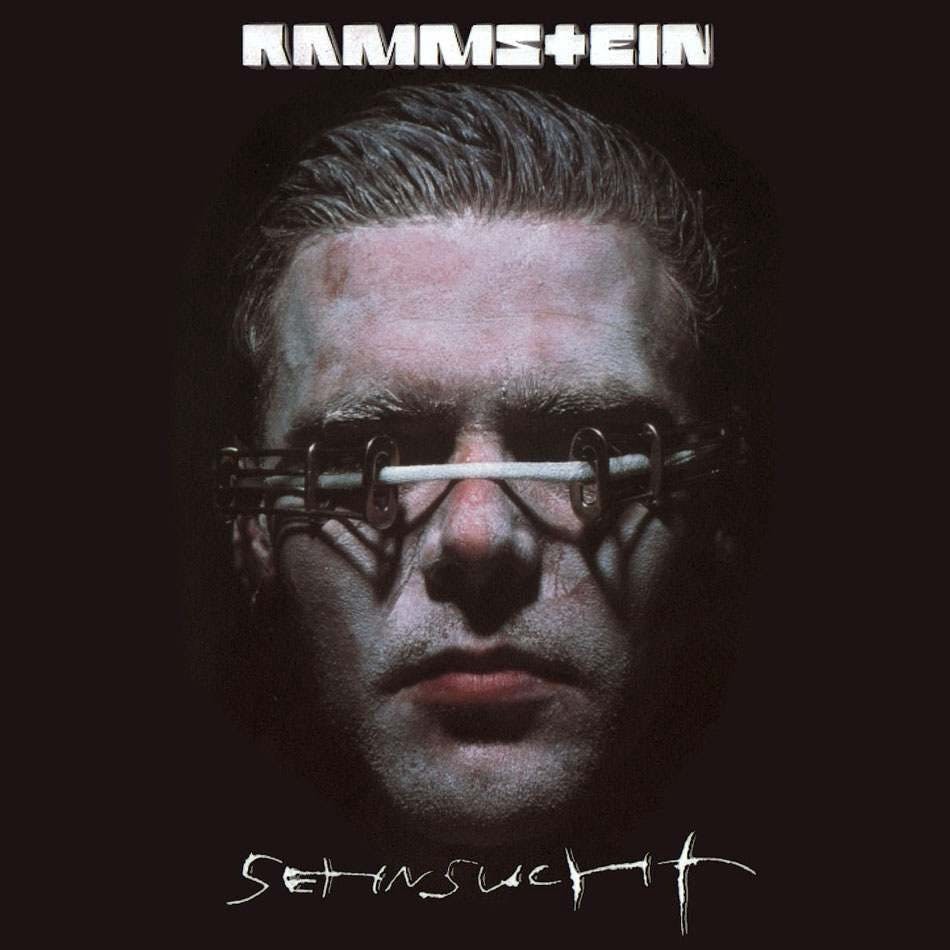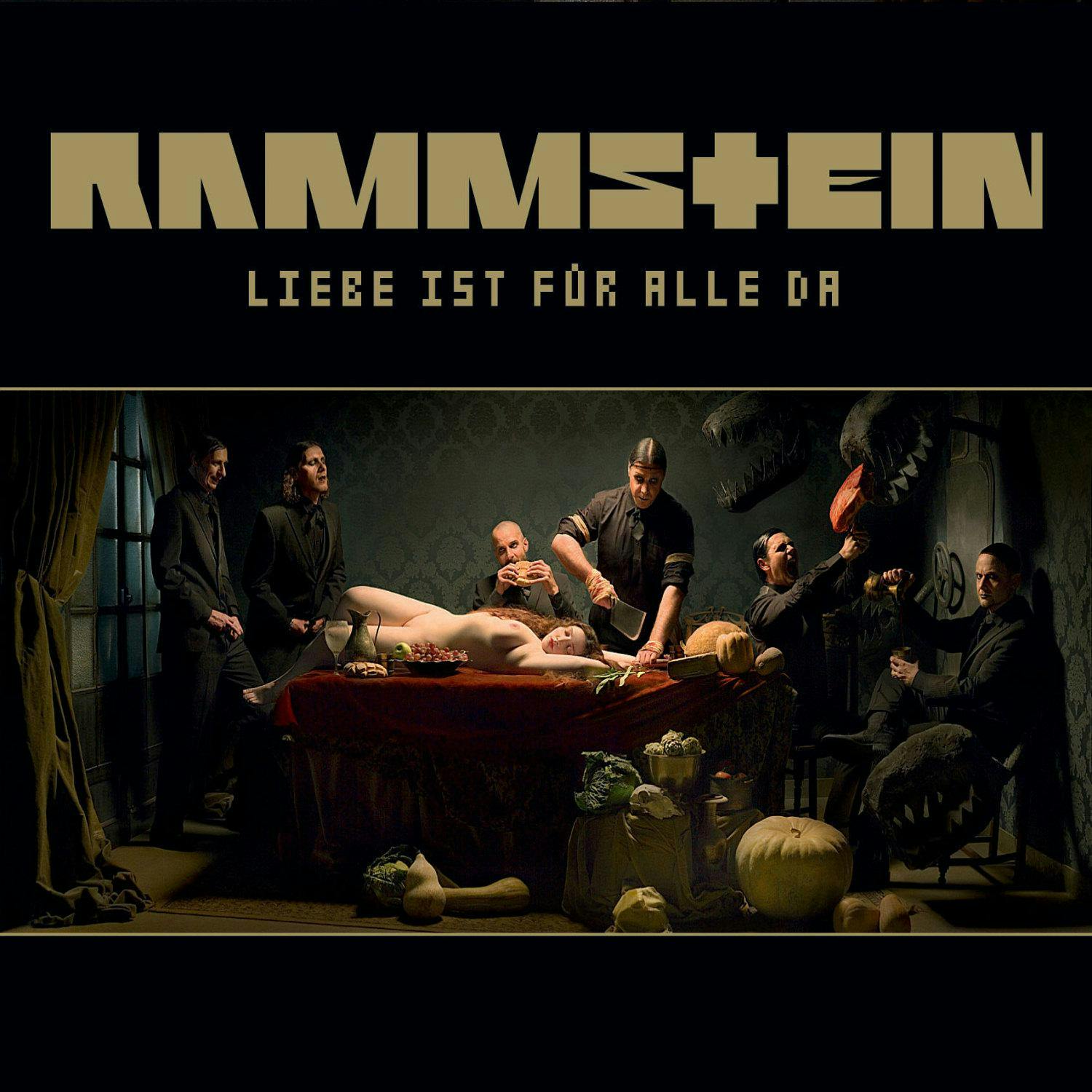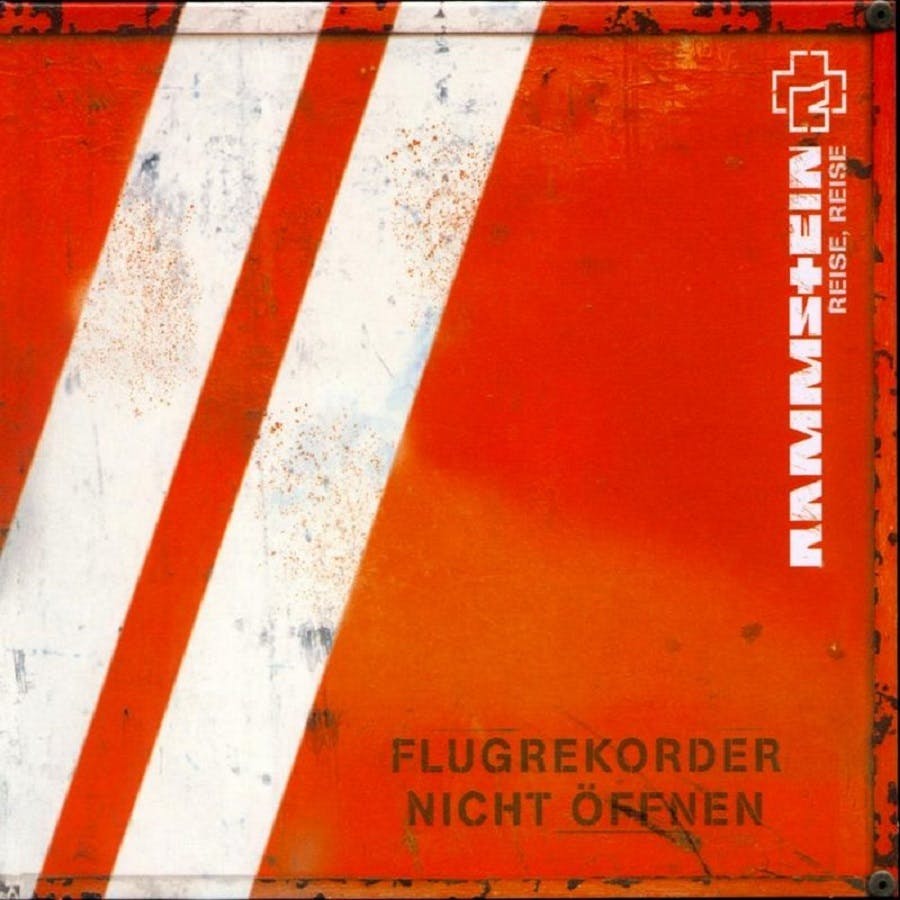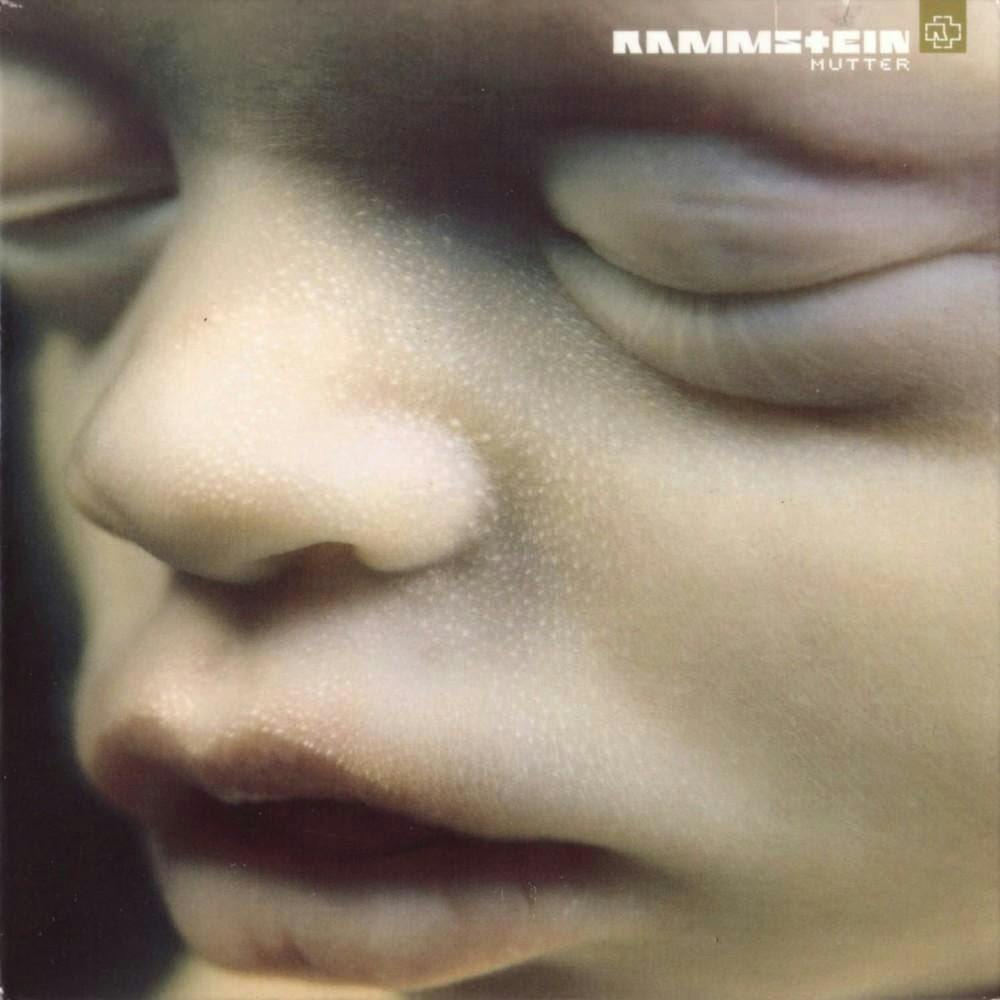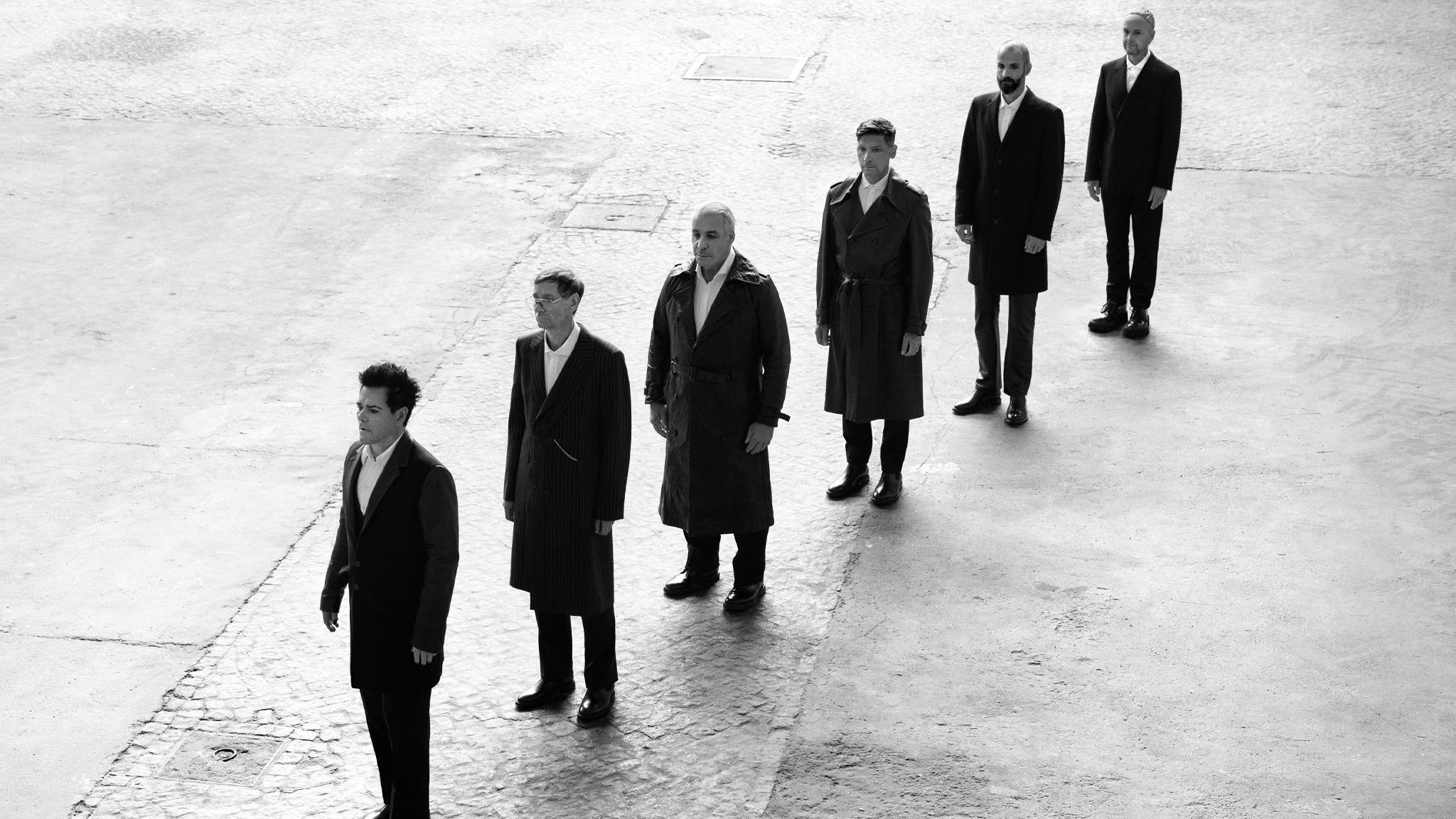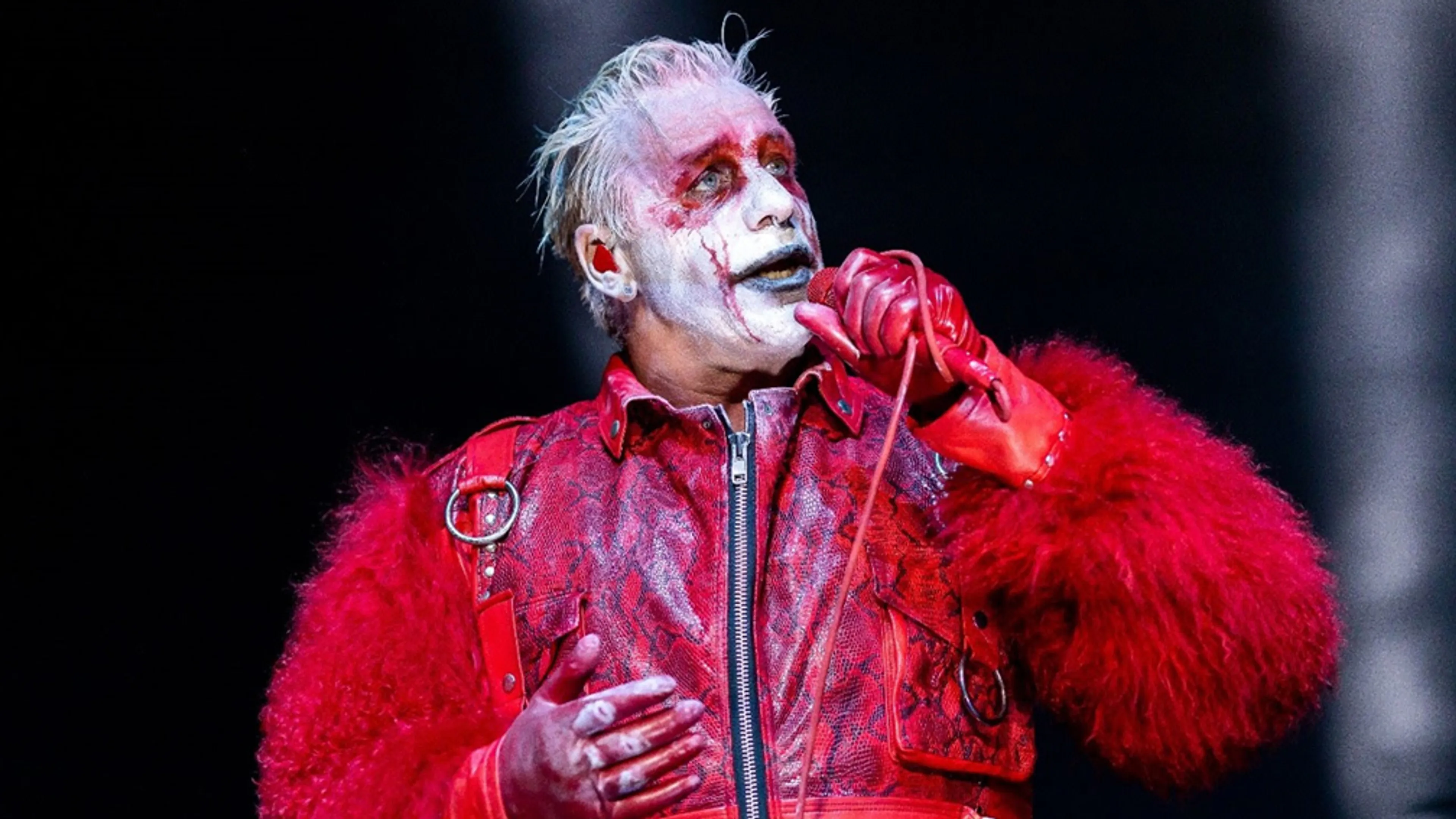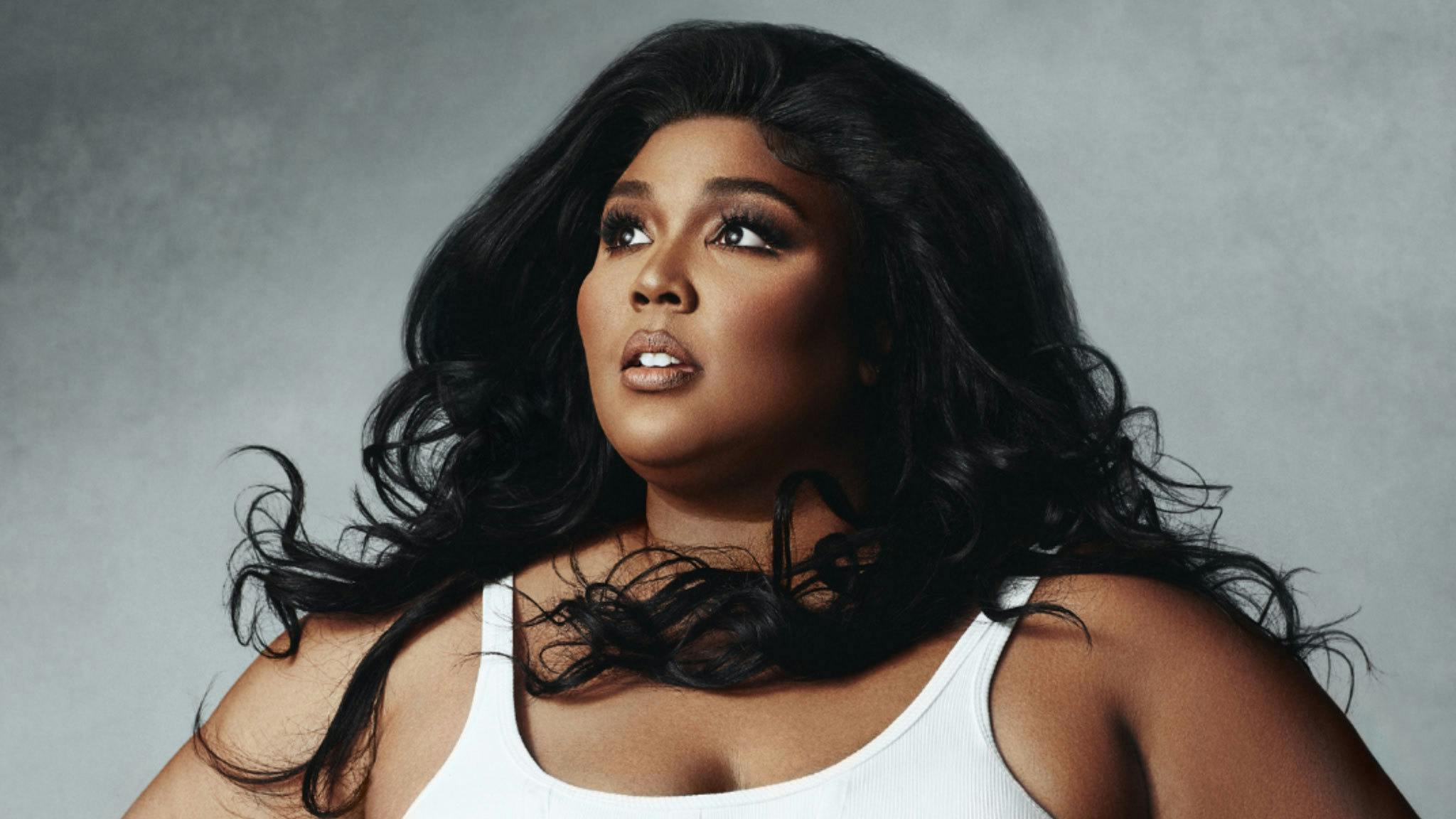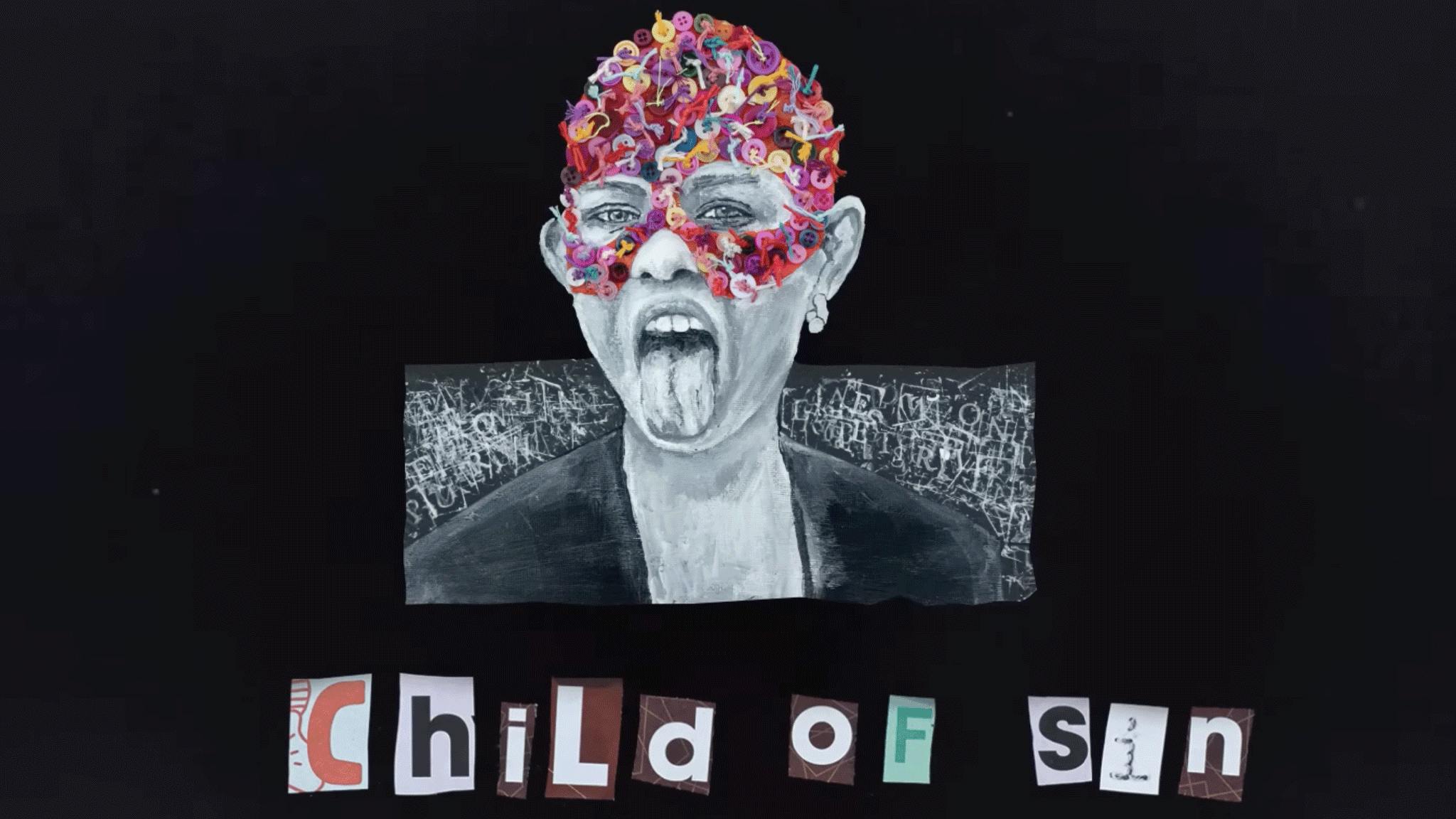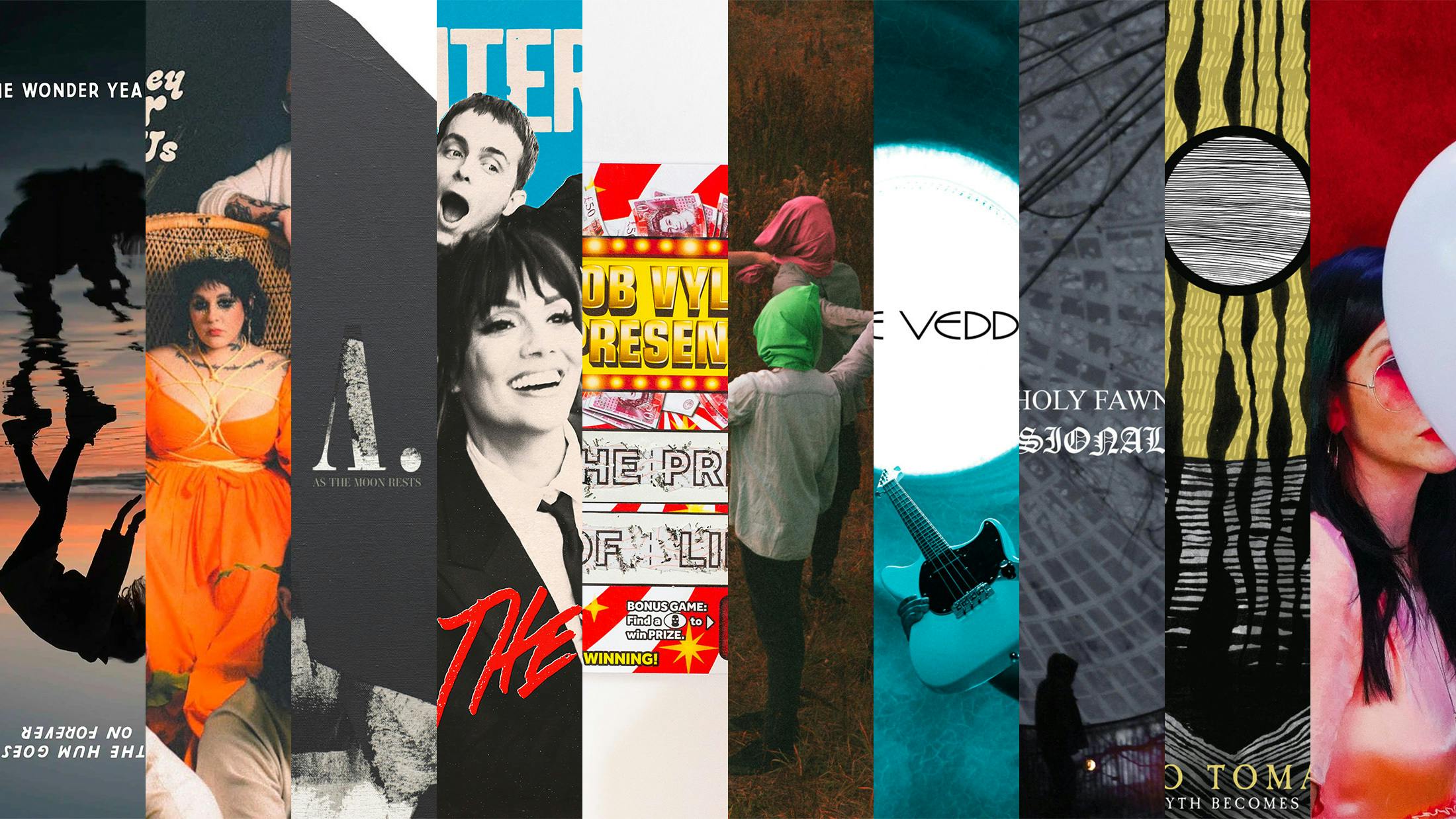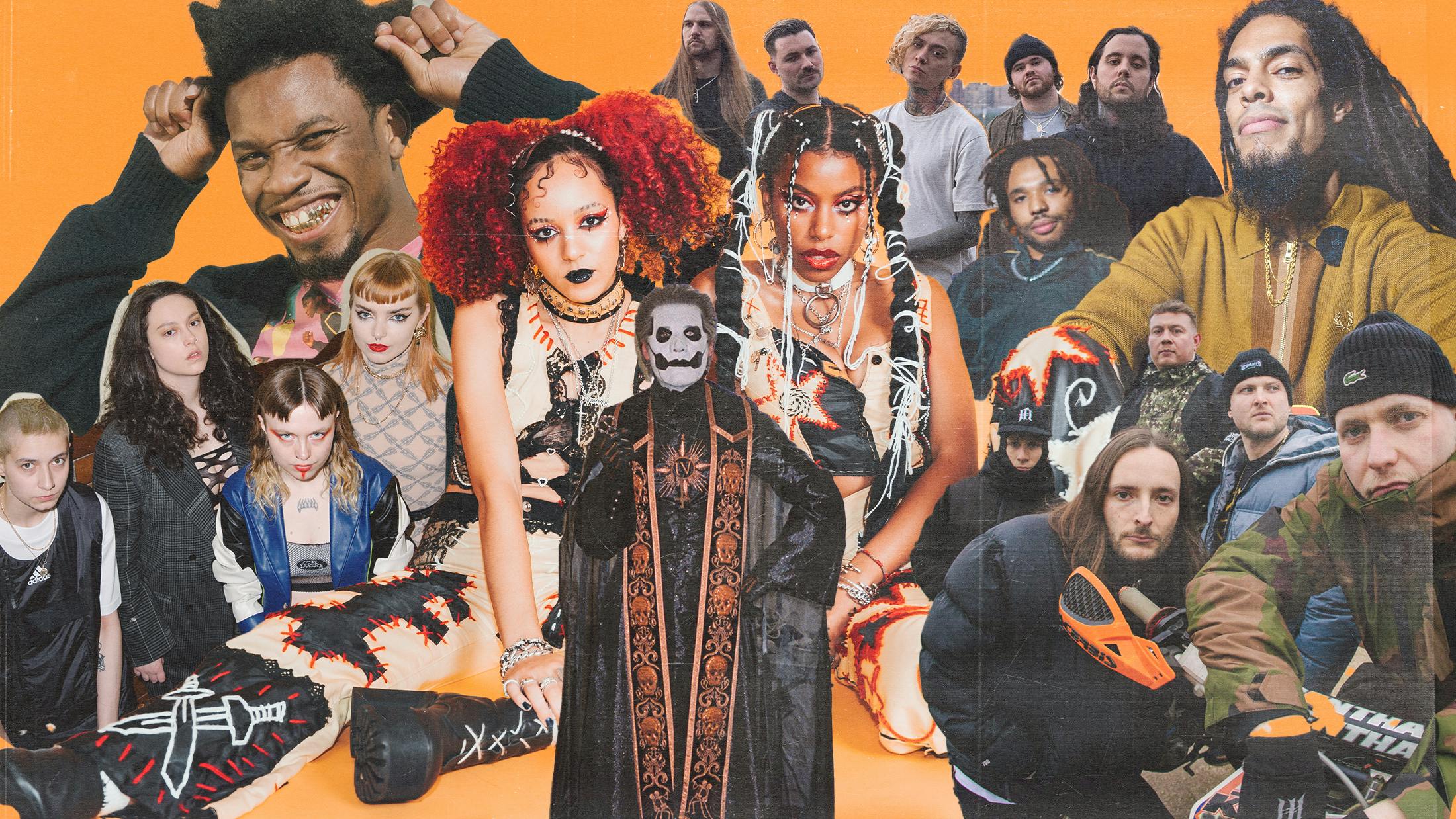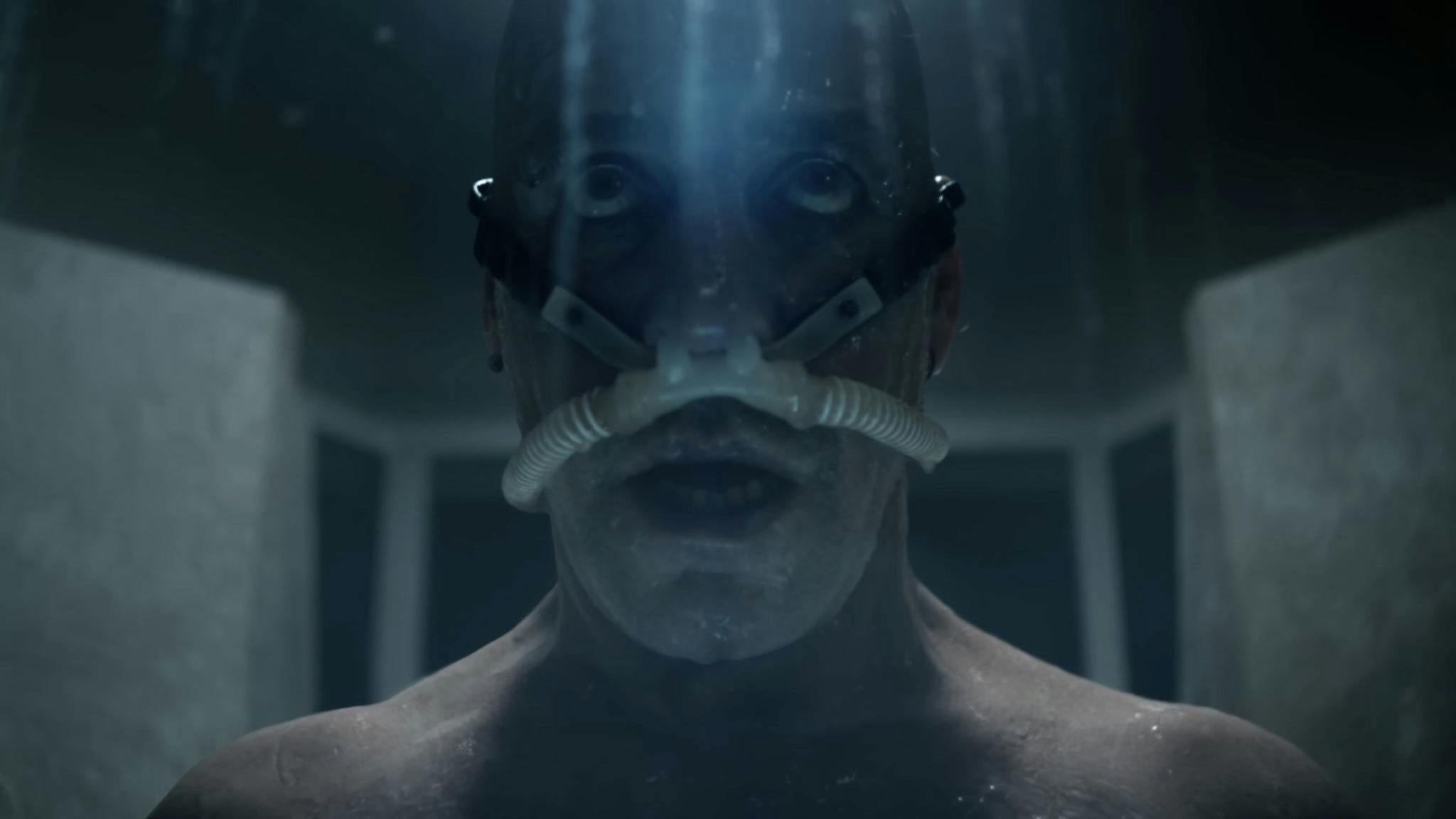Rammstein broke their decade-long album silence with a pair of opening bowls that were a double-whammy of blunt brilliance. It’s not self-titled; there just is no title. The first peep at it, meanwhile, was the video premiere of the emphatically-named Deutschland. Fittingly, this cinematic clip was the most Rammstein thing that ever Rammsteined: at once outrageous, subtle, on-the-nose, naked, mysterious, hilarious, cutting and challenging. With lyrics that spoke of a love of their homeland, while also expressing a sadness and disappointment for its shortcomings, the video takes in scenes of German history, some exaggerated for The Rammstein Effect, others served brutally cold. There were arch references to the Third Reich all over the place, but it was one shot in particular that would become infamous and landed the band in hot water. Dressed as a concentration camp inmate, Till Lindemann looks straight to camera to finish the line, ‘Deutschland, Deutschland, über allen’, a knowing nod to the infamous Nazi anthem Deutschland Über Alles, a reference so hot that Holocaust groups criticised the band for it, and German commissioner for anti-Semitism Felix Klein questioned the band’s motives, calling it, "a tasteless exploitation of artistic freedom". Possibly, but in a clip in which the main camp guard is a black woman, and the band eventually shoot another Nazi in the face, the point Rammstein were making cannot be misconstrued, even if the irony of the video was in poor taste to some.
Either way, Rammstein had lost none of their smart artistry or clever means of delivering it. Untitled is often a slower burn than other albums, but the shots still landed with surgical precision. Radio is a thunderous, straightforward chugger, while Auslander tackles the subject of getting your end away all over the world to a gloriously Eurovision beat, but alongside these obvious knockouts, there were more subtle elements, too. Diamant is as soft as a love song can be when sung in German by a man with Till’s voice, and Was ich liebe at first is a fairly basic bit of slow, military-efficient minimalism, but when they used it to open the subsequent run of stadium shows – gigs which began in summer evening light – it suddenly became a towering threat of what’s to follow. Particularly when, as the song lifts, black smoke poured out of the stage to literally block out the sun.
Untitled said a lot about Rammstein, in all their apparent contradictions and extremes. Even the single match on the cover expressed much for such a simple idea. You know what you’re getting from Rammstein, it said, but even at this late stage, you’ve never looked at them like this, or been less close to having them figured out.
